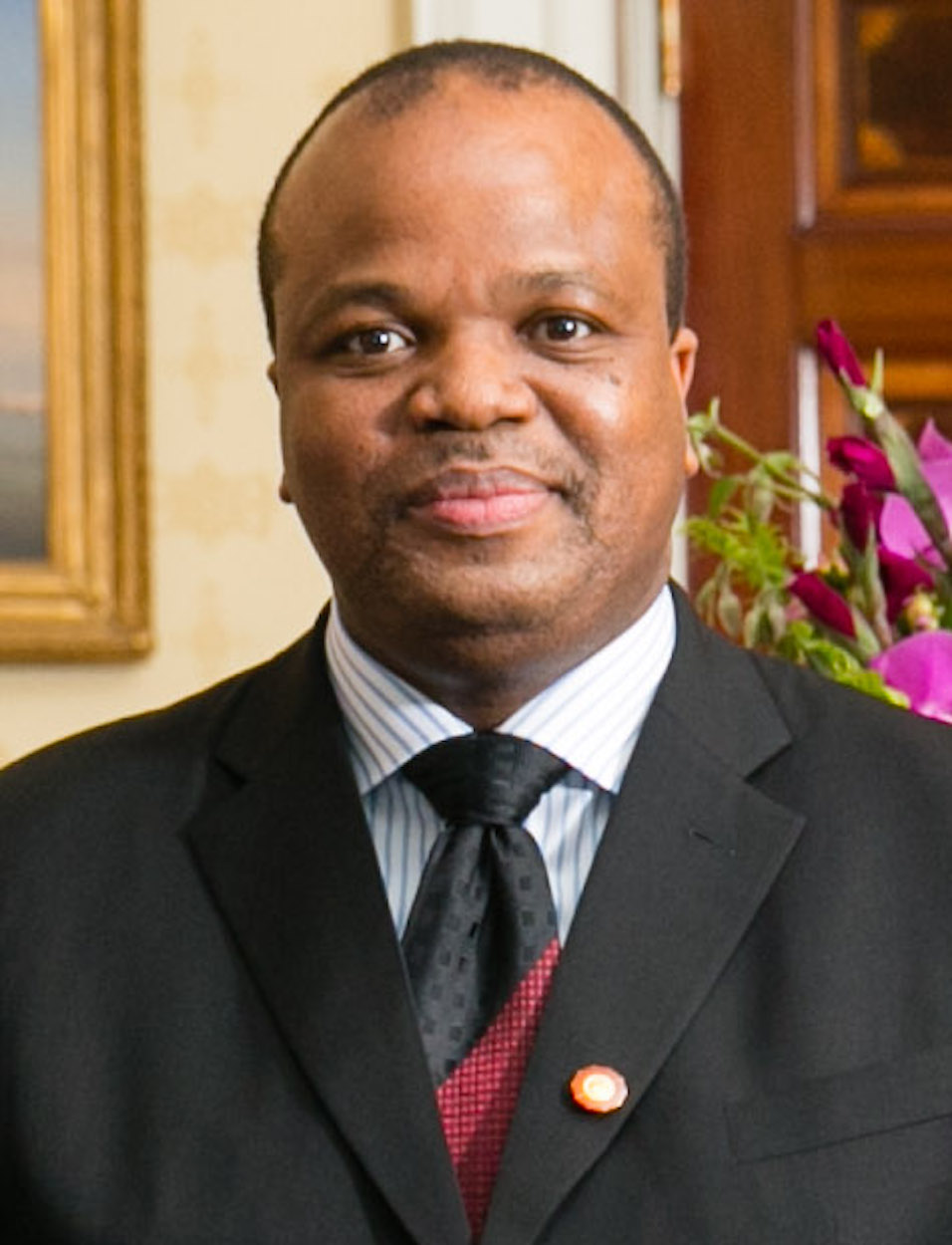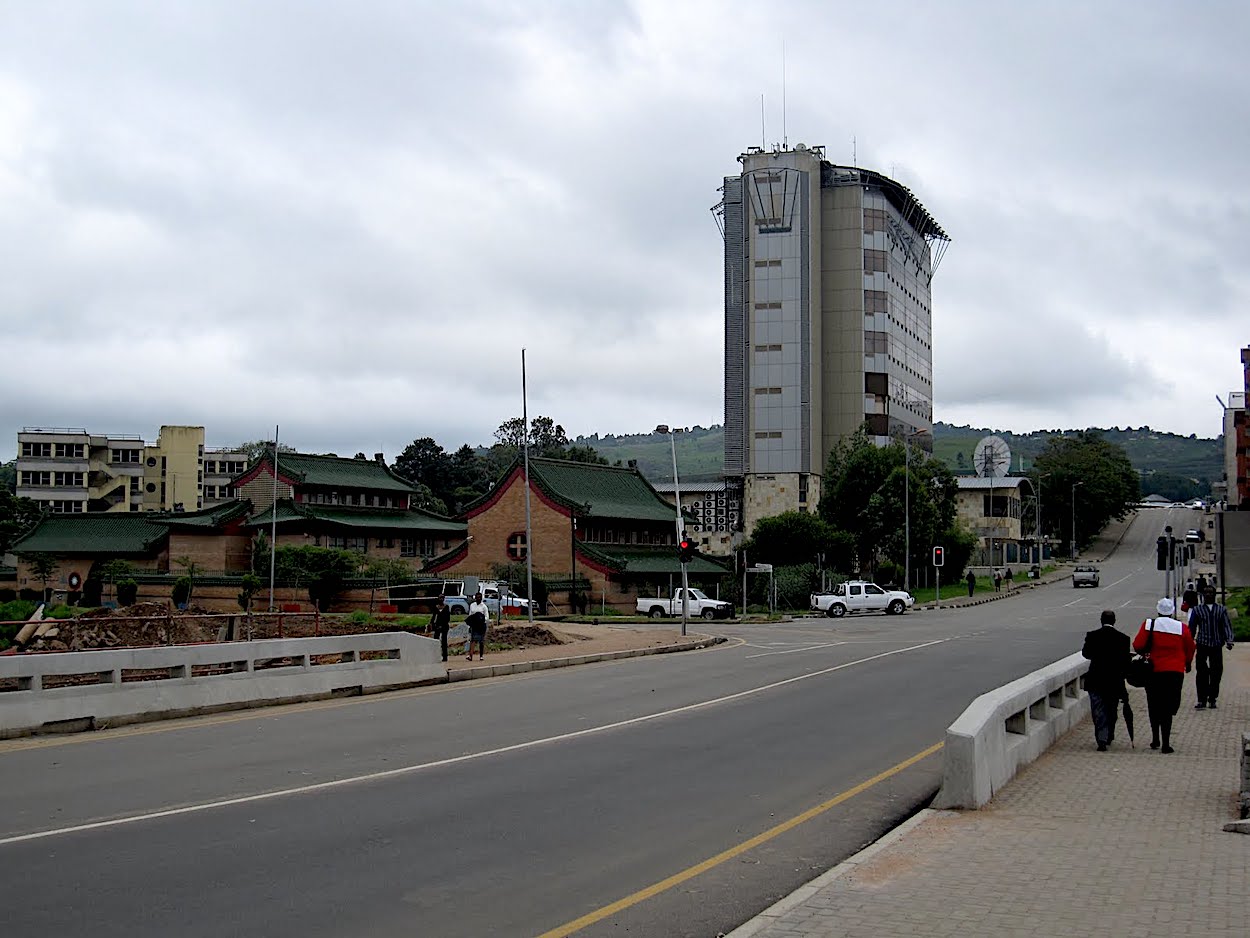by Brian Hioe
語言:
English
Photo Credit: US Army Africa/Public Domain
DEMONSTRATIONS THAT have rocked Eswatini in past days are among the largest protests to take place in the African country in its 53 years of independence. That being said, they have scarcely been commented on in Taiwan, despite that Eswatini is one of Taiwan’s few remaining diplomatic countries—and despite the fact that such protests have strong parallels to Taiwan’s history of democratization.
Eswatini is one of the world’s few remaining absolute monarchies and has been presided over by King Mswati III, who is Africa’s last remaining absolute monarch, for over fifty years. Political parties were banned in 1973 and the constitution was voided, with political parties still banned today and Mswati III retaining the powers to appoint judges, the prime minister, and the majority of parliament.
The country is an impoverished one and has a primarily agricultural economy, though Mswati has been criticized for exorbitant spending for his large family of fifteen wives and thirty children while the rest of the population lives in poverty. The royal family receives a large cut of deals made by the country, such as mining deals, which it receives a 25% cut of.
 King Mswati III. Photo credit: US State Department/Public Domain
King Mswati III. Photo credit: US State Department/Public Domain
With one of the world’s highest rates of HIV infection, life expectancy has halved in Eswatini since 2000, with Mswati III calling for “sterilizing and branding” individuals with HIV in 2011. Eswatini was known as Swaziland until Mswati III arbitrarily decided to change the name of the country in 2018. Eswatini has a population of 1.5 million.
The current protests in Eswatini are led by young people, who call for the right to vote. Although elections take place in Eswatini, they are criticized as simply voting for a pre-approved list. Demonstrations escalated in May after the death of a young protester in what authorities claimed was a car accident, but which protesters claim was a police killing.
Since then, violence has broken out. At least 28 have been shot, with demonstrators alleging over 20 police killings, and gunfire exchanged between demonstrators and state security forces. Businesses owned by the monarchy have been burned in cities including the two largest cities, Manzini and Mbabane, as well as the industrial center of Matsapha. Banks have been shut down and a curfew declared.
Tear gas has been used by state security forces and Internet Service Providers have been ordered to shut down, as authorities claim that the protests have been taken over by “criminal elements.” COVID-19 has been used as a pretext to crack down on demonstrations in Eswatini.
For their part, demonstrators have asserted that they are simply calling for democracy. Likewise, some parliamentarians have joined protesters’ calls for voting rights.
Though protest is rare in Eswatini, dissent against Mswati III’s rule has been on the rise in past years. Apart from that support from parliamentarians during the current uprising is a new development, 2019 saw strikes by civil servants critical of the monarchy’s spending on luxuries for itself. Mswati III also agreed to constitutional changes in 2005. Yet evidently, this has not changed longstanding problems of corruption in Eswatini, and Mswati III retains his grip on power. The Eswatini government has denied reports that Mswati III has fled to South Africa after the protests.
Taiwan maintains diplomatic relations with Mswati III’s government, which is Taiwan’s only diplomatic ally in Africa. Nevertheless, Taiwan is accused of dollar diplomacy, in providing the country with financial subsidies and assistance in return for diplomatic recognition. Assistance for Eswatini has also included treating Mswati III with medication after he became infected COVID-19 earlier this year. Taiwan dwarfs all of its allies economically; in 2018, Taiwan’s GDP was three times larger than the GDP of all of its allies combined.
As with Taiwan’s other diplomatic allies, China has sought to pry Eswatini away from Taiwan. In February 2020, China sought to apply economic pressure to Eswatini, threatening to cut off trade to Eswatini if it maintained relations with Taiwan. It is thought that a new government is likely to switch recognition to China.
 Taiwan’s mission in Eswatini on the left, with the US embassy on the right. Photo credit: Stefan Krasowski/Flickr/CC
Taiwan’s mission in Eswatini on the left, with the US embassy on the right. Photo credit: Stefan Krasowski/Flickr/CC
Taiwan’s complicit backing of Mswati III’s authoritarian rule is ironic. After all, Taiwan is itself a country that saw the successive dictatorships of Chiang Kai-shek and his son Chiang Ching-kuo. Taiwan only democratized after popular uprisings against the authoritarianism of the KMT. While Taiwan’s political alignment with Eswatini dates back to the era of KMT rule, despite having democratized, Taiwan still backs Mswati III. Official diplomatic accounts in Eswatini have to date only urged individuals to stay indoors, so as to avoid danger.
The government Eswatini is hardly the only authoritarian regime that the Taiwanese government backs in return for diplomatic recognition. The Taiwanese government recognized the election victory of Juan Orlando Hernandez in Honduras in 2018, despite international allegations of a stolen election, because of the Hernandez government recognizes Taiwan. So, too, with expressions of support by official diplomatic accounts for the Colombian government after police violence against demonstrators protesting against tax reforms.
To this extent, this hypocrisy from the Taiwanese government should not surprise, when support for such authoritarian regimes has gone on for decades. While the current DPP government inherited alignment with such regimes from the era of KMT one-party rule, it has substantially failed to break from such practices. Unfortunately, with lacking scrutiny from the Taiwanese public, one does not expect this to change any time soon.

